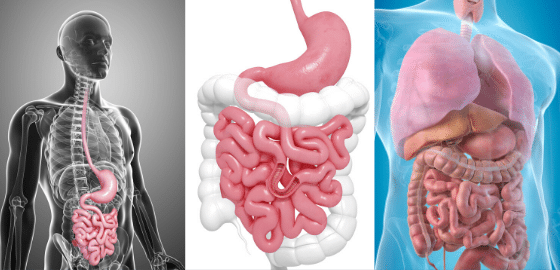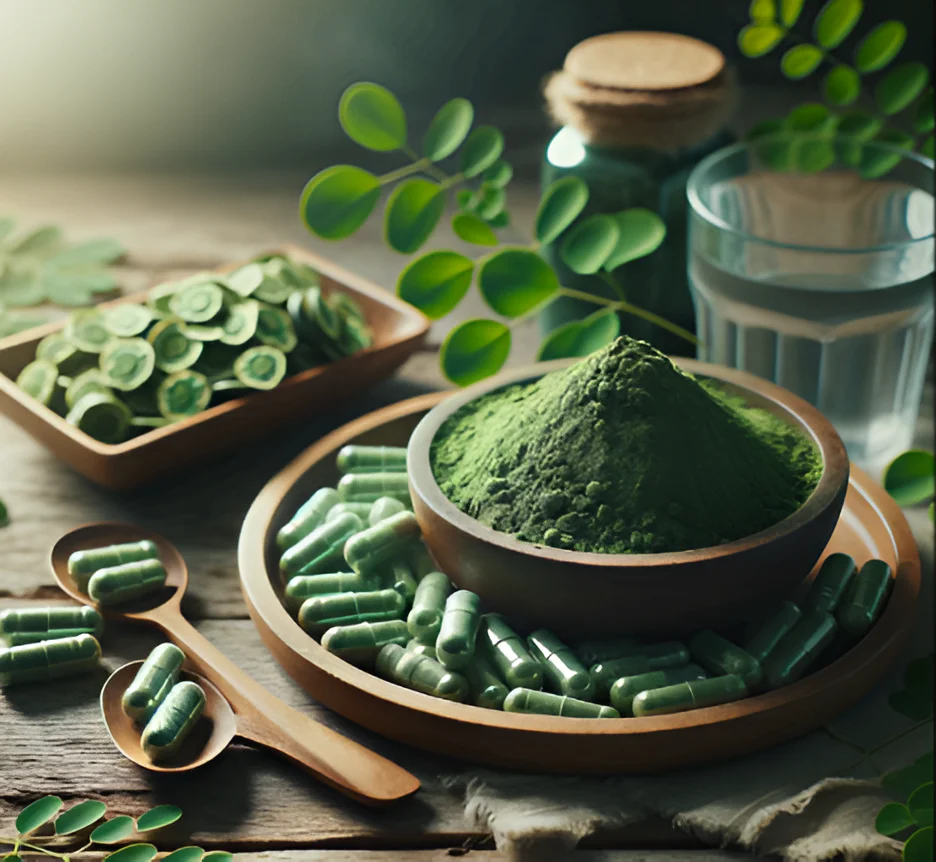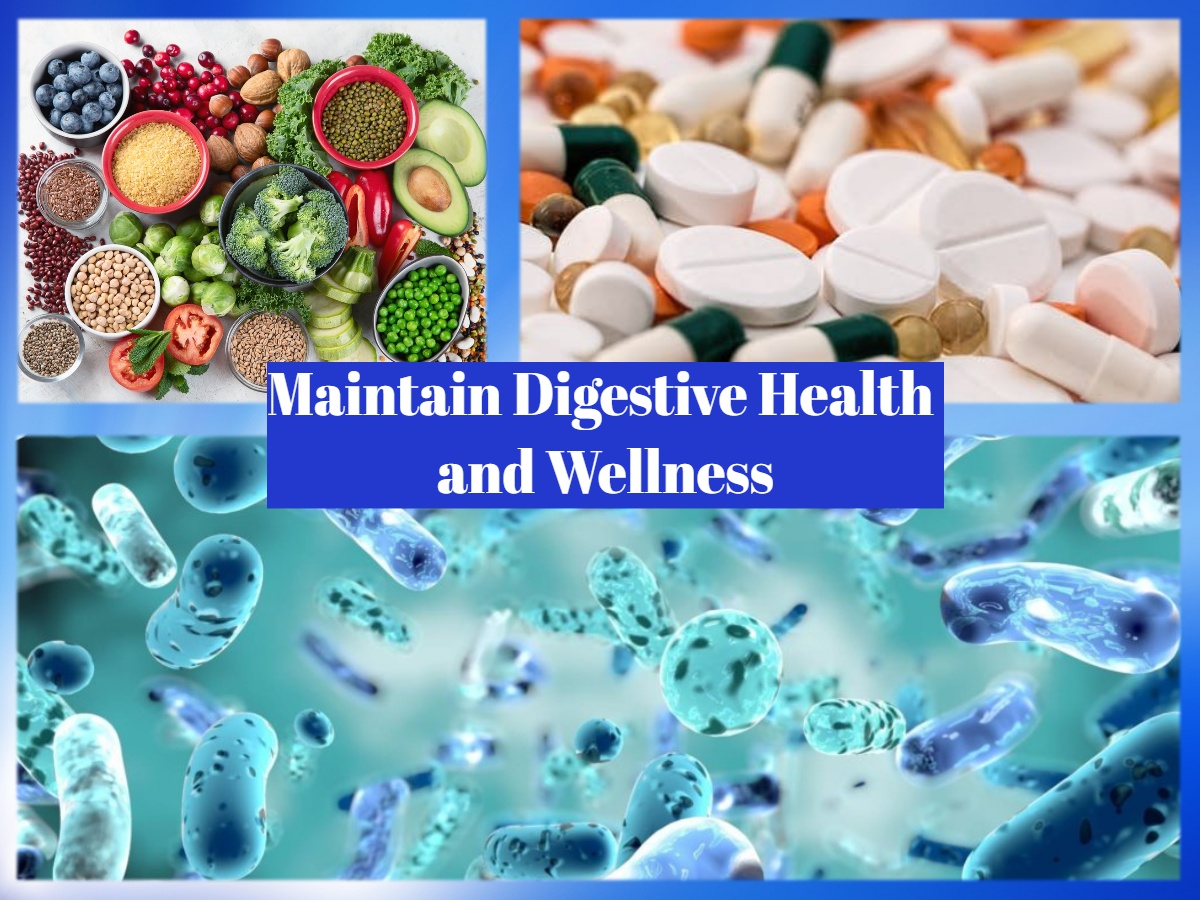You’ll Read Details About the following:
What is the Human Digestive System?

- The digestive system is a complex network of organs responsible for the ingestion, breakdown, and absorption of nutrients from food.
- It begins in the mouth, where chewing breaks down food into smaller particles and mixes it with saliva containing digestive enzymes.
- From there, the food travels down the esophagus to the stomach, where it is further broken down by stomach acids and enzymes.
- Next, the partially digested food enters the small intestine, where most of the nutrient absorption takes place.
- Finally, any remaining waste moves into the large intestine, where water is absorbed, and the remaining material is formed into feces for elimination from the body.
The Role of the Digestive System:
- The primary role of the digestive system is to convert food into nutrients that can be absorbed by the body.
- These nutrients include carbohydrates, proteins, fats, vitamins, and minerals, which are essential for various bodily functions such as energy production, tissue repair, and immune system support.
- Without proper digestion and absorption, the body would not receive the essential nutrients it needs to survive.
Common Diseases of the Digestive System:
Gastroesophageal Reflux Disease (GERD):

- Cause:
- GERD occurs when the lower esophageal sphincter weakens or relaxes abnormally, allowing stomach acid to flow back into the esophagus.
- This acid reflux irritates the esophageal lining, leading to symptoms.
- Symptoms:
- Heartburn, regurgitation of acidic fluid into the throat, chest pain, difficulty swallowing, chronic cough, and hoarseness are common symptoms.
- Remedies:
- Lifestyle modifications such as avoiding trigger foods (spicy, acidic, fatty), eating smaller meals, not lying down immediately after eating, and raising the head of the bed.
- Medications like proton pump inhibitors (PPIs), H2 blockers, and antacids can also help alleviate symptoms.
Peptic Ulcer Disease:

- Cause:
- Peptic ulcers are open sores that develop on the inner lining of the stomach, small intestine, or esophagus.
- The primary cause is infection with Helicobacter pylori bacteria or long-term use of nonsteroidal anti-inflammatory drugs (NSAIDs) such as aspirin and ibuprofen.
- Symptoms:
- Abdominal pain, typically occurring between meals or during the night, bloating, nausea, vomiting, and weight loss are common symptoms.
- Remedies:
- Treatment involves antibiotics to eradicate H. pylori infection, medications to reduce stomach acid production (PPIs and H2 blockers), and avoiding NSAIDs.
- In severe cases, surgery may be necessary.
Inflammatory Bowel Disease (IBD):

- Cause:
- IBD is a chronic inflammatory condition of the gastrointestinal tract, including Crohn’s disease and ulcerative colitis.
- The exact cause is unclear but involves a combination of genetic predisposition, immune system dysfunction, and environmental factors.
- Symptoms:
- Abdominal pain, diarrhea, rectal bleeding, weight loss, fatigue, and fever are hallmark symptoms.
- IBD can also cause complications such as strictures, fistulas, and bowel obstruction.
- Remedies:
- Treatment aims to reduce inflammation and control symptoms.
- This may involve medications such as corticosteroids, immunomodulators, biologics, and lifestyle modifications.
- In severe cases, surgery to remove diseased portions of the intestine may be necessary.
Irritable Bowel Syndrome (IBS):

- Cause:
- The exact cause of IBS is unknown, but it involves abnormalities in gastrointestinal motility, visceral hypersensitivity, and gut-brain axis dysfunction.
- Triggers can include certain foods, stress, and hormonal fluctuations.
- Symptoms:
- Abdominal pain or discomfort, bloating, gas, diarrhea, constipation, or alternating bowel habits are typical symptoms.
- Symptoms may fluctuate in severity and duration.
- Remedies:
- Management focuses on symptom relief through dietary modifications (low FODMAP diet), stress management techniques, probiotics, and medications such as antispasmodics and laxatives.
Gallstones:

- Cause:
- Gallstones are hardened deposits of digestive fluid that form in the gallbladder.
- They can develop due to an imbalance in the substances that make up bile, such as cholesterol, bile salts, and bilirubin.
- Symptoms:
- Gallstones may cause no symptoms (silent stones) or lead to sudden, intense pain in the upper abdomen (biliary colic), nausea, vomiting, and jaundice if a stone blocks the bile duct.
- Remedies:
- Treatment may involve lifestyle changes (healthy diet, weight loss), medications to dissolve stones, or surgical removal of the gallbladder (cholecystectomy) in severe cases.
The Role of Moringa in Maintaining Digestive Health:
Moringa has gained popularity in recent years due to its numerous health benefits, including its potential to support digestive health.
Here’s how moringa can contribute to maintaining digestive health:

Rich in Nutrients
Anti-inflammatory Properties
Supports Gut Microbiota
Aids Digestive Enzyme Production
Relieves Constipation
Protects Gastric Lining
Reduces Bloating and Gas
- Rich in Nutrients:
- Moringa leaves are packed with vitamins, minerals, and antioxidants, including vitamin C, vitamin A, calcium, potassium, and iron.
- These nutrients support overall health and can contribute to a well-functioning digestive system.
- Anti-inflammatory Properties:
- Moringa contains compounds with anti-inflammatory properties, such as flavonoids and isothiocyanate.
- These compounds help reduce inflammation in the digestive tract, which can alleviate symptoms of conditions like inflammatory bowel disease (IBD) and promote overall digestive comfort.
- Supports Gut Microbiota:
- Moringa contains prebiotic fibers that serve as food for beneficial bacteria in the gut.
- By promoting the growth of these probiotic bacteria, moringa can help maintain a healthy balance of gut microbiota, which is essential for optimal digestion and overall health.
- Aids Digestive Enzyme Production:
- Moringa leaves contain enzymes that aid in the breakdown of food, facilitating digestion and nutrient absorption.
- These enzymes, such as amylase, lipase, and protease, help the body digest carbohydrates, fats, and proteins more efficiently.
- Relieves Constipation:
- Moringa leaves have natural laxative properties, thanks to their fiber content and mild stimulant effect on the intestines.
- Consuming moringa regularly may help relieve constipation and promote regular bowel movements.
- Protects Gastric Lining:
- Moringa contains compounds that help protect the gastric mucosa from damage caused by factors like stress, alcohol, and certain medications.
- This protective effect can help prevent gastric ulcers and promote overall digestive wellness.
- Reduces Bloating and Gas:
- Moringa’s anti-inflammatory and carminative properties can help reduce bloating, gas, and other symptoms of indigestion.
- It can help soothe the digestive tract and promote smoother digestion.
You can incorporate moringa into your diet in various ways, such as adding moringa powder to smoothies, soups, or sauces, or brewing moringa tea from dried leaves.

Please remember that it’s essential to consult with a healthcare professional before incorporating moringa into your routine, especially if you have any underlying health conditions or are taking medications.









